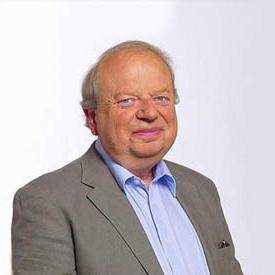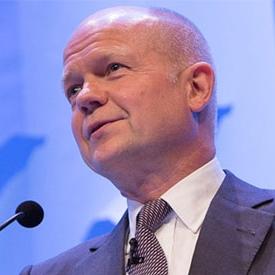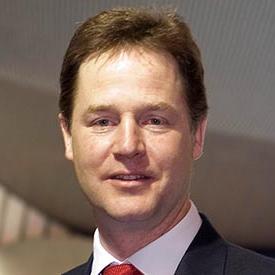After proving himself as a competent junior minister in the early 1980s, Portillo was promoted under Margaret Thatcher in 1988, with Thatcher considering him one of the great talents within the party at the time, saying "[we] expect great things of you, do not disappoint us". He was named Minister of State for Transport, where he would save the Settle to Carlisle railways; something he regards as one of his greatest feats. When John Major took over as Prime Minister, Portillo was appointed as a cabinet member, becoming Chief Secretary of the Treasury in 1992.
He would go on to serve as Secretary of State for Employment and Secretary of State for Defence and be sworn into the Privy Council. He would go on to contest the Conservative leadership in the years that followed, after first refusing to compete against John Major. He would lead the leadership elections in 2001 but lost ground when personal press stories came out. Though he would prove unsuccessful, he would establish himself as a highly respected British politician, both by the Conservative Party and the general public.
Portillo would serve as Shadow Chancellor and Deputy Leader in 2000-01 before returning to the backbenches under the new leader, Iain Duncan Smith. He retired from politics in 2005 to continue broadcasting after he began in 1998 with Portillo's Progress. The show offered a unique a look at the social and political landscape of Britain, covered by Channel 4. He has appeared on political discussion programme, This Week with Andrew Neil since 2003.
It is his skill and personality as a documentary maker that has earned him legions of new support. As presenter of the Great Railway Journeys series, where he explores using George Bradshaw's 1863 tourist handbook, how the railways had influenced British history. In 2018 he would broadcast Portillo's Hidden History of Britain on Channel 5. A historian, politician and presenter held in high regard around the country, Portillo has written columns for broadsheets including The Sunday Times where he has a regular column, and is also a common contributor to BBC radio stations. An articulate and infectious presenter whose stories, experiences and knowledge of history and politics can make for a rousing keynote speech capable of entertaining all manner of audiences.









